Feminism explained in 60 seconds: ideas that changed the world
How women fought for social and political liberation
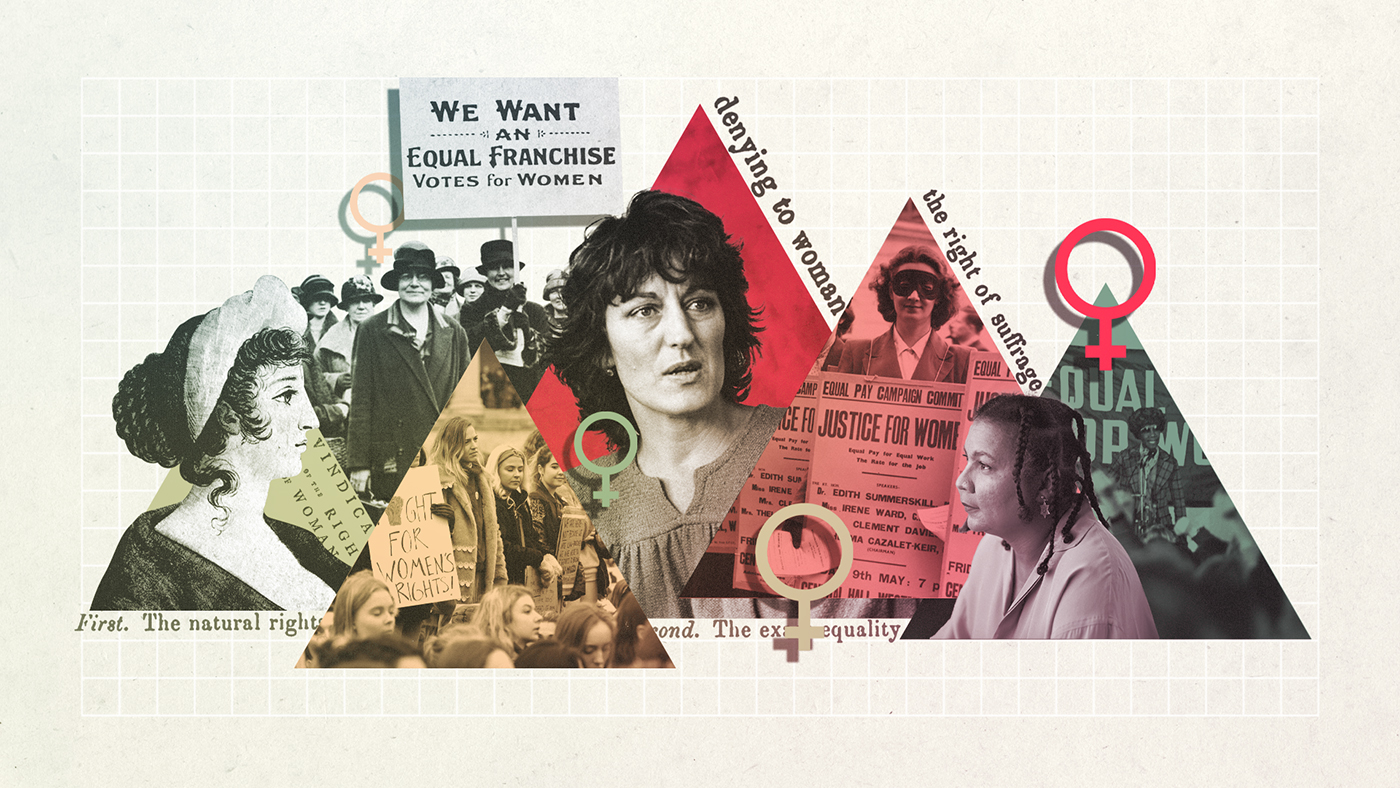
A free daily email with the biggest news stories of the day – and the best features from TheWeek.com
You are now subscribed
Your newsletter sign-up was successful
In this series, The Week looks at the ideas and innovations that permanently changed the way we see the world.
Feminism in 60 seconds
Feminism “means very different things to different people”, but in essence describes a political philosophy that “advocates social, political, economic, and intellectual equality for women and men”, said Stanford University’s Gendered Innovations project.
The history of the feminist movement can be divided into three historical “waves”. Although modern feminism is made up of a vast array of differing schools of thought, all forms of feminism share some core principles.
The Week
Escape your echo chamber. Get the facts behind the news, plus analysis from multiple perspectives.

Sign up for The Week's Free Newsletters
From our morning news briefing to a weekly Good News Newsletter, get the best of The Week delivered directly to your inbox.
From our morning news briefing to a weekly Good News Newsletter, get the best of The Week delivered directly to your inbox.
A central tenet of feminism holds that women face systematic bias as a result of living in patriarchal societies.
Often misunderstood or misrepresented, patriarchy – a term derived from the Ancient Greek words patria, meaning father, and arches, meaning rule – does not refer to a system in which only men hold power or all men hold power, but rather one in which the balance of social, political and economic power is held by men.
Another core feminist concept is “privilege”, which refers to social advantages conferred by an accident of birth at the expense of those who do not have this edge. For instance, members of an ethnic majority group are not generally subject to racial profiling or prejudice to the same extent as ethnic minorities.
From a feminist perspective, patriarchy and privilege go hand in hand, as a system in which “men have more power than women” and “have some level of privilege to which women are not entitled”, wrote Linda Napikoski on reference website ThoughtCo.
A free daily email with the biggest news stories of the day – and the best features from TheWeek.com
How did it develop?
“For most of recorded history, only isolated voices spoke out against the inferior status of women,” said Encyclopaedia Britannica.
English writer Mary Wollstonecraft’s 1792 essay “A Vindication of the Rights of Woman” is often cited as the earliest text to espouse recognisably “feminist” ideas, urging men to “generously snap our chains, and be content with rational fellowship instead of slavish obedience”.
The word feminism was coined a century later, to describe the movement of women militating for the same political rights as men, primarily the right to vote. By the 1920s, women had won the vote across most of the Western world, thanks to this so-called “first wave” of women’s rights campaigners.
The second wave emerged in the mid-20th century, and focused on achieving broader social and economic equality between the sexes.
American writer Betty Friedan is widely credited with sparking this second wave with the publishing of “The feminine Mystique”. The book “tapped into the dissatisfaction of American women”, said Smithsonian Magazine, and “appealed to women who were unhappy with their so-called idyllic life, addressing their discontent with the ingrained sexism in society that limited their opportunities”.
Other feminist leaders of this time were Gloria Steinem, Angela Davis, who Harpers Bazaar called a “trailblazing voice for black women”, and bell hooks, who “grounded her feminist theory in the struggles of Black women specifically”, said NBC News.
Key achievements of this generation include a series of victories in the battle for equal pay and access to divorce, abortion and contraception – but the so-called “women’s lib” movement of the 1960s and 1970s was just as significant for its academic underpinnings.
“Unlike the first wave, second-wave feminism provoked extensive theoretical discussion about the origins of women’s oppression, the nature of gender, and the role of the family,” said Encyclopaedia Britannica.
The third wave has seen feminism diversify.
Although the previous waves tended to centre on the experience of white, straight, middle-class women, the third wave includes sub-movements such as sex positive feminism, black feminism, eco-feminism, and – perhaps most notably – intersectional feminism.
This final term, coined by feminist academic Kimberle Crenshaw in 1989, refers to the way in which sexism can be experienced in tandem with other forms of discrimination, such as racism or homophobia.
“Acknowledging how different forms of discrimination intersect with and amplify gender-based discrimination is a critical way to ensure all women reap the benefits of women’s rights,” said the Melbourne-based International Women’s Development Agency.
Some believe the third wave of feminism is being superseded by a fourth wave. “Feminism in the 21st century has shifted its focus from legal equality to a kind of discrimination that is harder to quantify – and harder to fight,” wrote Jessica Abrahams at Prospect.
This wave targets things like the gender pay gap and bias in the workplace, unpaid labour, and domestic and sexual violence. It has been supercharged by the Me Too movement and women’s marches across the world. “A young generation of women are realising that equality in law has not translated into equality in practice,” Abrahams added.
How did it change the world?
Of all the social movements that seek to improve the lot of humanity, “only feminism can claim to have broadened, permanently, the lives of half the humans in the West”, wrote Robert Fulford in the National Post.
The feminist movement “has altered a whole culture’s ideal version of sexual roles. It has changed the professions... how children are raised, how the law deals with domestic life, how corporations and public institutions are staffed,” he continued.
As well as major feminist milestones such as access to abortion and equal pay for equal work, many of the everyday freedoms that women take for granted today were won in the not-so-distant past.
In the UK, for instance, family planning clinics only won permission to prescribe contraceptives to single women in 1974 – “a controversial decision at the time”, noted the BBC. And until the Sex Discrimination Act of 1975, banks were allowed to deny loans or credit cards to women without a male guarantor.
However, these victories come at a cost. In the earliest days of the movement, British suffragists were subjected to brutal opposition, including the force-feeding of hunger strikers. Indeed, throughout history, feminists worldwide have faced mockery, obstruction and even violence.
And the battle is far from over, said the Post’s Fulford. With millions of women “caged by misogynistic religions and male-made dictatorships”, as well as lingering prejudice in even the most progressive of nations, “the world still needs the feminist spirit.”
Rebecca Messina is the deputy editor of The Week's UK digital team. She first joined The Week in 2015 as an editorial assistant, later becoming a staff writer and then deputy news editor, and was also a founding panellist on "The Week Unwrapped" podcast. In 2019, she became digital editor on lifestyle magazines in Bristol, in which role she oversaw the launch of interiors website YourHomeStyle.uk, before returning to The Week in 2024.
-
 How to Get to Heaven from Belfast: a ‘highly entertaining ride’
How to Get to Heaven from Belfast: a ‘highly entertaining ride’The Week Recommends Mystery-comedy from the creator of Derry Girls should be ‘your new binge-watch’
-
 The 8 best TV shows of the 1960s
The 8 best TV shows of the 1960sThe standout shows of this decade take viewers from outer space to the Wild West
-
 Microdramas are booming
Microdramas are boomingUnder the radar Scroll to watch a whole movie
-
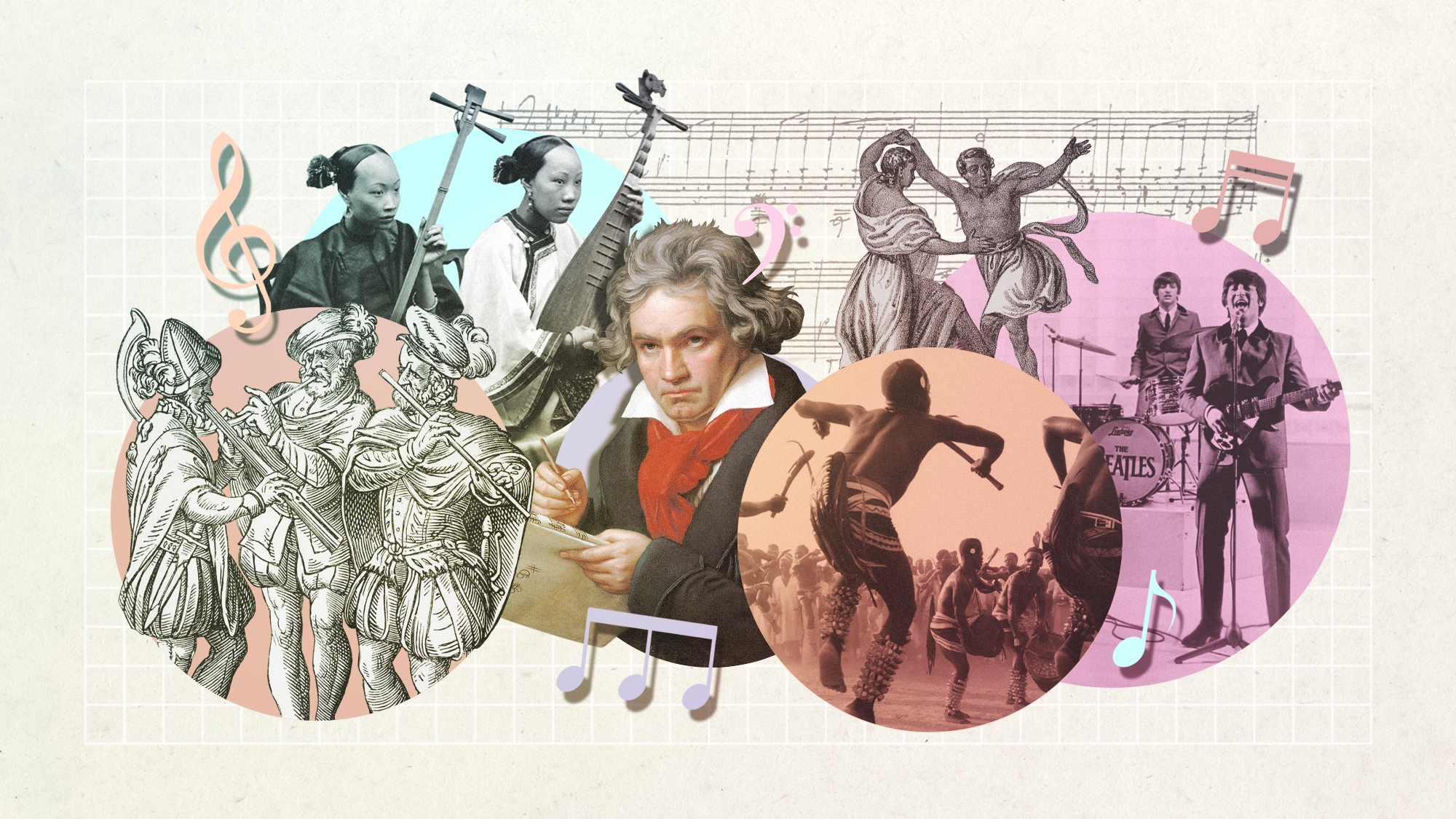 Music explained in 60 seconds: ideas that changed the world
Music explained in 60 seconds: ideas that changed the worldIn Depth This emotive but hard-to-define art form has played a pivotal role in human evolution
-
 Vegetarianism explained in 60 seconds: ideas that changed the world
Vegetarianism explained in 60 seconds: ideas that changed the worldIn Depth How meat-free diets went from religious abstention to global sustainability trend
-
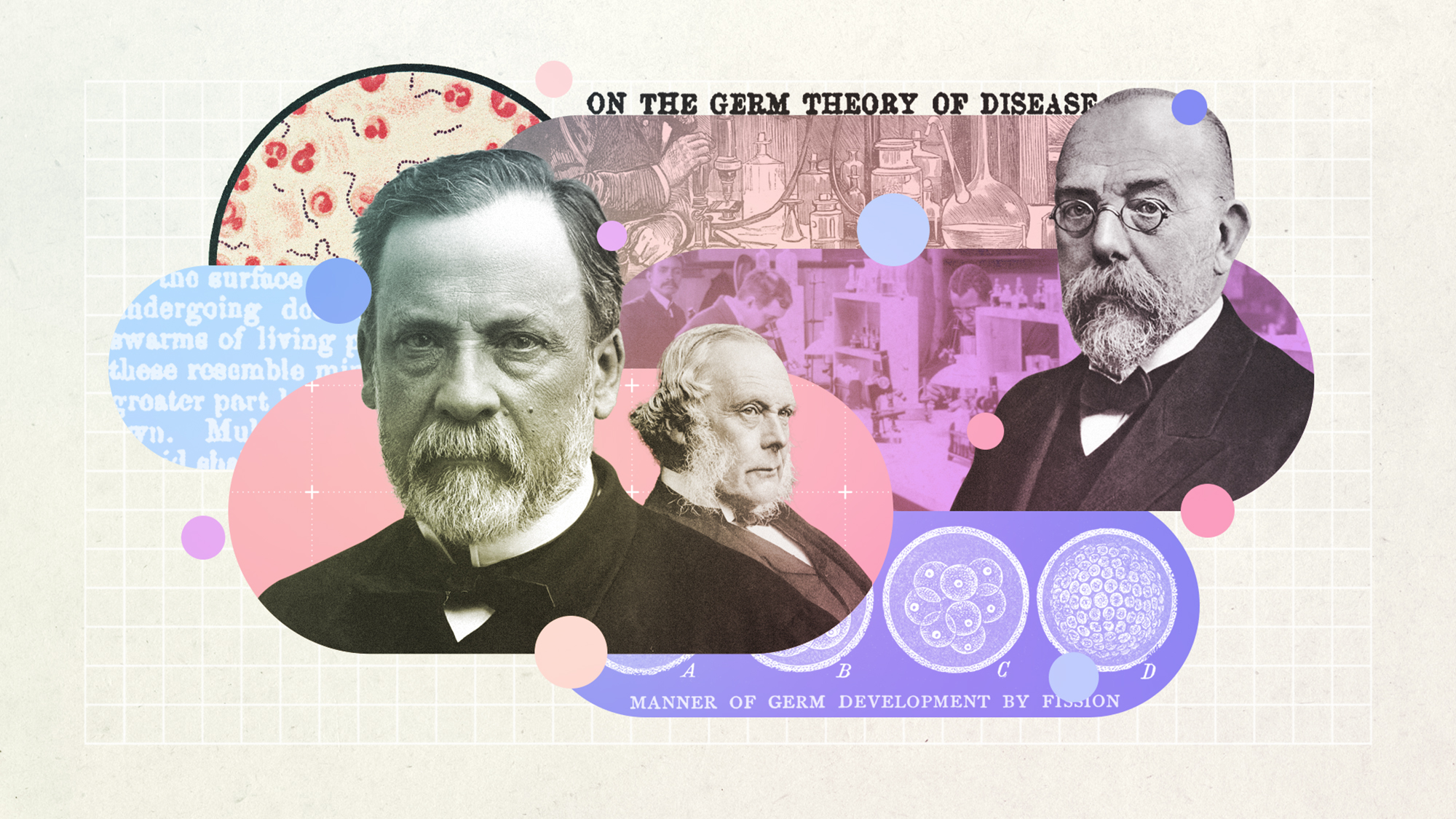 Germ theory in 60 seconds: ideas that changed the world
Germ theory in 60 seconds: ideas that changed the worldIn Depth How a new understanding of bacteria revolutionised medicine
-
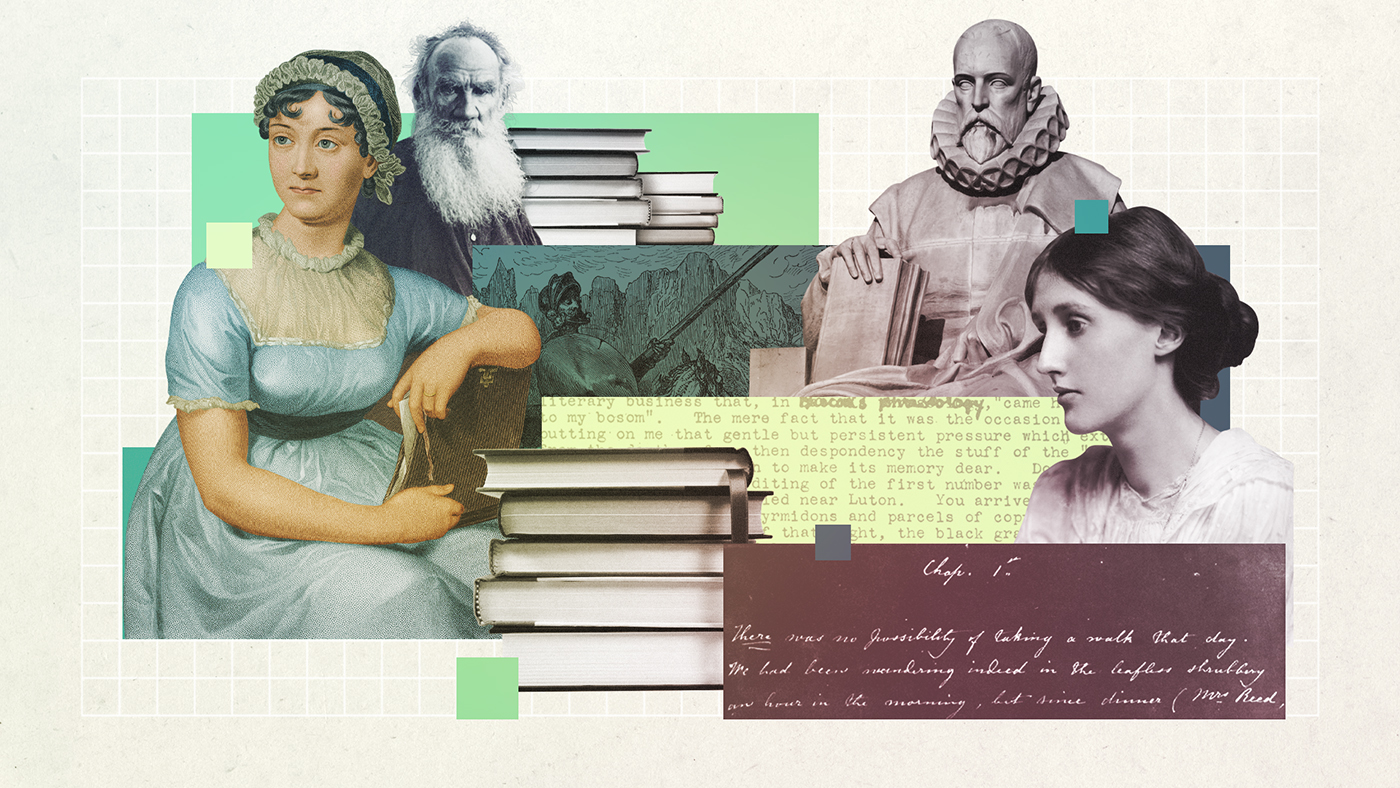 The novel explained in 60 seconds: ideas that changed the world
The novel explained in 60 seconds: ideas that changed the worldIn Depth How a new way of portraying existence transformed literature
-
 The Geneva Conventions explained in 60 seconds: ideas that changed the world
The Geneva Conventions explained in 60 seconds: ideas that changed the worldIn Depth How the international community brought humanity to warfare
-
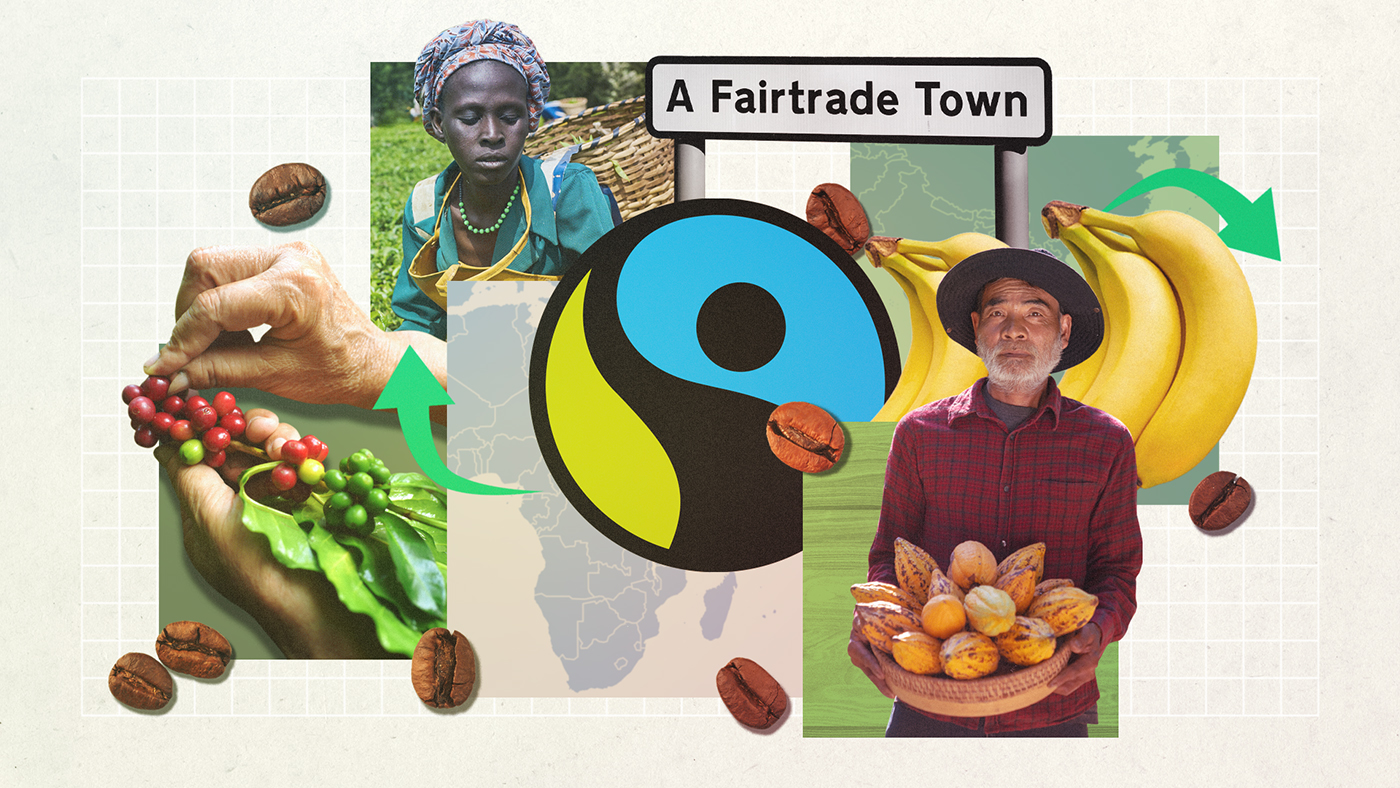 Fairtrade explained in 60 seconds: ideas that changed the world
Fairtrade explained in 60 seconds: ideas that changed the worldIn Depth How paying farmers fairly went from niche to necessary
-
 Vaccination explained in 60 seconds: ideas that changed the world
Vaccination explained in 60 seconds: ideas that changed the worldIn Depth How a medical breakthrough has saved countless millions of lives
-
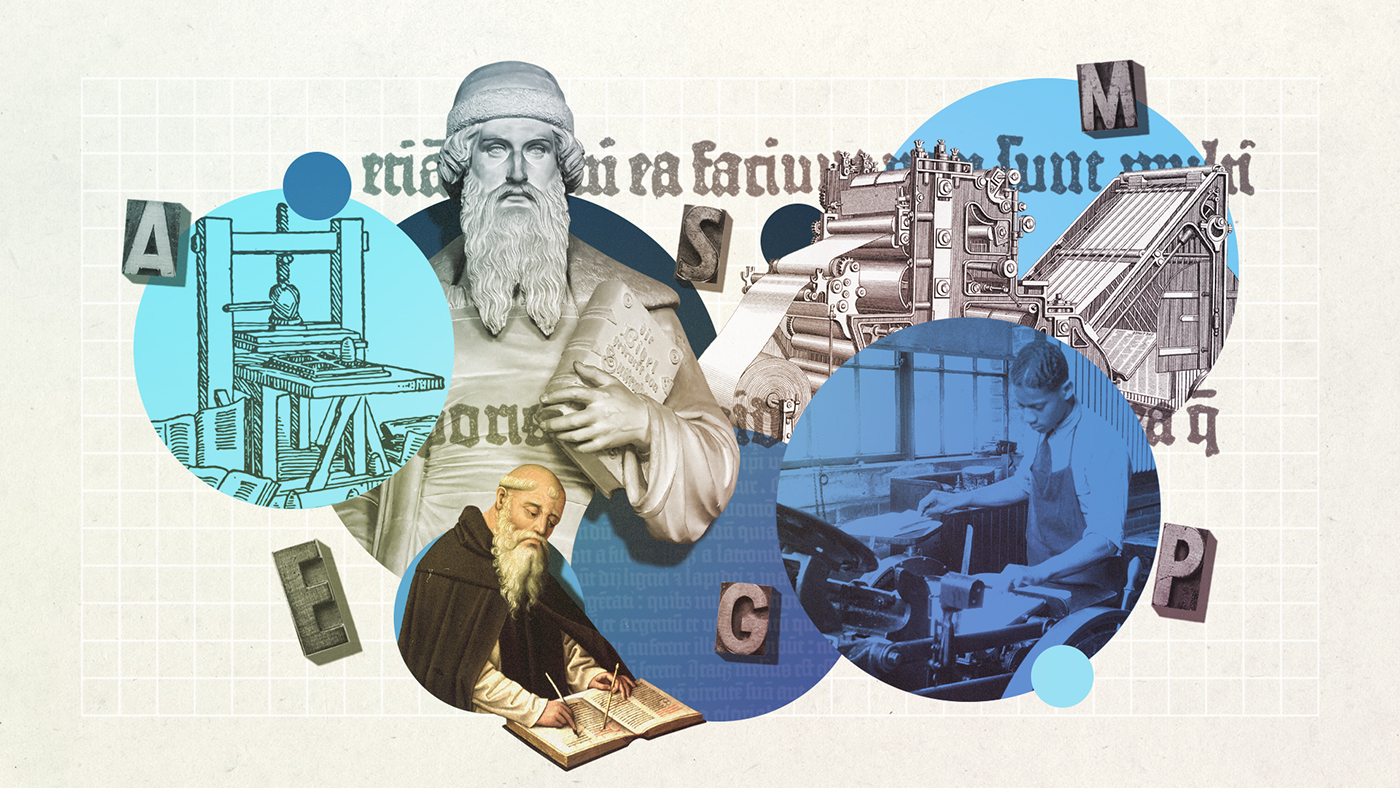 The printing press explained in 60 seconds: ideas that changed the world
The printing press explained in 60 seconds: ideas that changed the worldIn Depth How a German goldsmith revolutionised the way we share ideas